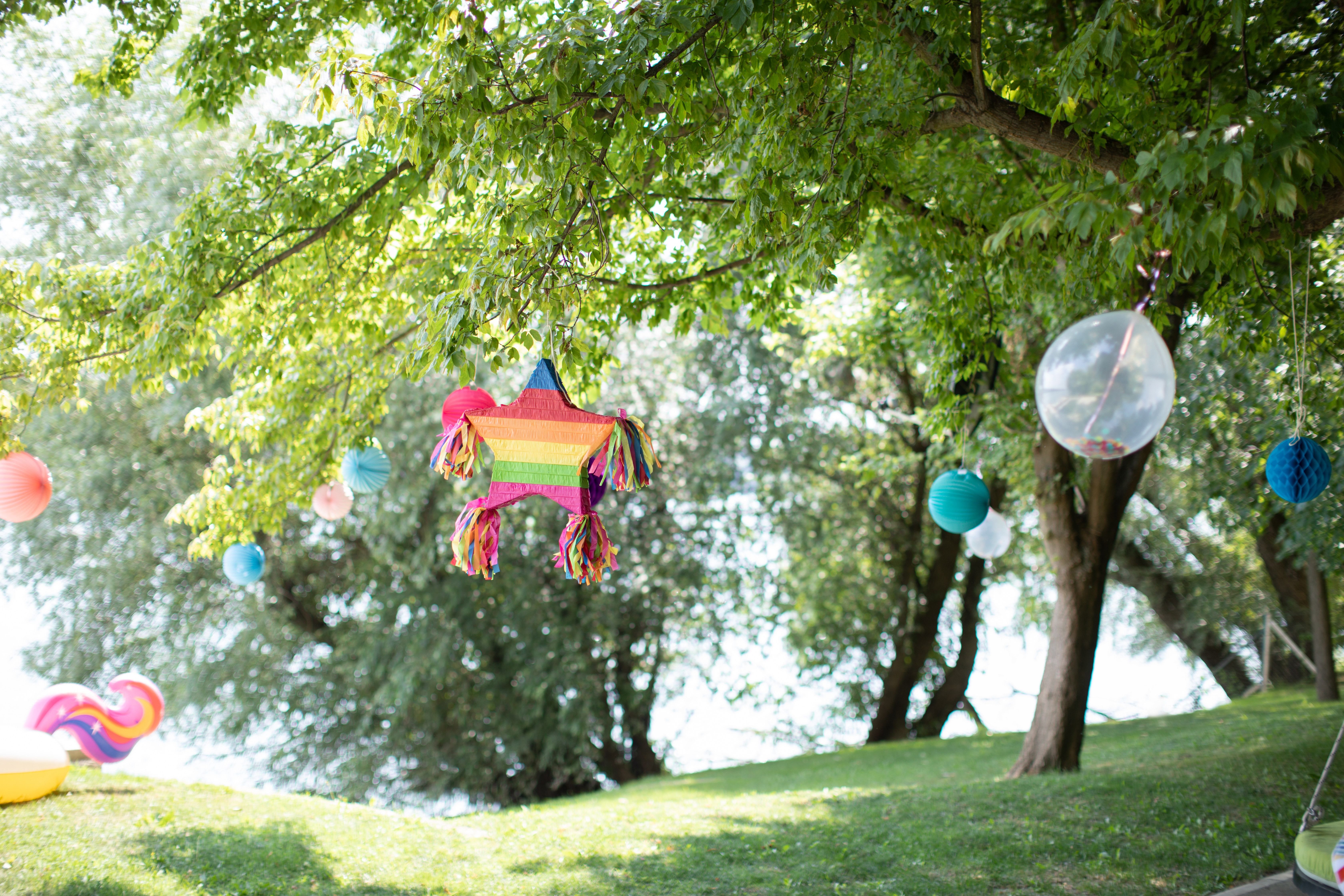Jonathan Demme, the eclectic, ever-enthusiastic filmmaker behind the Oscar winners "The Silence of the Lambs" and "Philadelphia," and the director of one of the most seminal concert films ever made, the Talking Heads' "Stop Making Sense," has died. He was 73.
Demme's publicist, Annalee Paulo, said Demme died Wednesday morning in his New York apartment, surrounded by his wife, Joanna, and three children. Demme died from complications from esophageal cancer, she said.
Demme broke into moviemaking under the B-movie master Roger Corman in the early 1970s, and his prodigious, wide-ranging body of work always kept the spirited, agile curiosity of a low-budget independent filmmaker. His hopscotching career spanned documentaries, screwball comedies and tales of social justice.
[NATL] Top Movies Directed by Jonathan Demme
Yet his most famous films were a pair of Oscar-winners "The Silence of the Lambs," the 1991 thriller starring Anthony Hopkins as Hannibal Lecter and Jodie Foster as an FBI analyst, earned him a directing Oscar, as well as best picture. He followed that up with "Philadelphia" (1993), with Tom Hanks and Denzel Washington, the first major Hollywood film to confront the AIDS crisis. It remains a landmark film in the portrayal of gay life and injustice, subjects Hollywood has previously largely turned a blind eye toward.
Hopkins, Foster and Hanks all earned Academy Awards for their performances from those films. Demme's sensitive, alert eye help produce countless other acclaimed performance, too, from Melanie Griffith ("Something Wild") to Anne Hathaway ("Rachel Getting Married").
"I am heart-broken to lose a friend, a mentor, a guy so singular and dynamic you'd have to design a hurricane to contain him," Foster said in a statement. "Jonathan was as quirky as his comedies and as deep as his dramas. He was pure energy, the unstoppable cheerleader for anyone creative. Just as passionate about music as he was about art, he was and will always be a champion of the soul."
U.S. & World
Stories that affect your life across the U.S. and around the world.
If there was one commonality in Demme's varied filmography, it was music. Demme acknowledged that while he was talentless when it came to playing an instrument, he found he could join the acts he documented with his camera. His deftly observed 1984 film "Stop Making Sense" began with David Byrne with a guitar and a boom box on a bare stage and swelled into an art-funk spectacular.
"I've come to believe, and I kind of felt this when we did 'Stop Making Sense,' that shooting live music is kind of like the purest form of filmmaking," Demme told The Associated Press last year. "There's no script to worry about. It's not a documentary, so you don't have to wonder where this story is going and what we can use. It's just: Here come the musicians. Here come the dancers. The curtain goes up. They have at it and we get to respond in the best way possible to what they're doing up there."
Demme also made films with Neil Young ("Heart of Gold," ''Neil Young Trunk Show," ''Neil Young Journeys"), Bruce Springsteen, the Pretenders, and documented Spalding Grey performing a monologue ("Swimming to Cambodia"). In "Storefront Hitchcock," the British singer-songwriter Robyn Hitchcock performed in a storefront window.
"Jonathan was a born movie-maker: He loved people and he loved filming them. Fictional or actual, he caught so many lives and glimpses of lives and framed them for others to enjoy," Hitchcock said Thursday. "Jonathan was a true keeper of souls, and now we must celebrate his."
Demme last year released his latest concert film, "Justin Timberlake and the Tennessee Kids," on Netflix. Timberlake, a passionate fan of "Stop Making Sense," sought out Demme to direct it. Demme's last fiction film, "Ricki and the Flash," was perhaps his ultimate fusion of music in a fiction film. It starred Meryl Streep as an aging bar-band rocker.
Robert Jonathan Demme was born on Long Island on Feb. 22, 1944. His father, Robert, was a press representative in the travel industry. After his family moved to Miami, he attended the University of Florida where he wrote movie reviews for the school paper. In 1971, he went to work for Corman, first as a unit publicist on "Von Richthofen and Brown" and later directing his own films: the women's prison movie "Caged Heart"; "Crazy Mama" with Cloris Leachman; and "Fighting Mad," with Peter Fonda as a farmer.
Demme's breakthrough came with the Oscar-nominated "Melvin and Howard" (1980), starring Jason Robards as Howard Hughes. The film is centered on a Nevada service station owner who claims to be the beneficiary of the billionaire.
From early on, music played a central role in his films. In 1986's rollicking road-trip comedy "Something Wild," Jeff Daniels starred a tax consultant drawn into the wilder orbit of Melanie Griffith. The music-stuffed movie included 49 songs.
Some films were misfires. Demme's 1988 adaptation of Toni Morrison's "Beloved," didn't click with critics, nor did his 2004 big-budget remake of "The Manchurian Candidate."
But 2008's "Rachel Getting Married" was a return to form for Demme that seemed to combine many of his talents — for a buoyant humanism, for the joy of music performance, for troubled outsiders, for a natural, documentary-like realism. Hathaway played a young woman released from rehab to go home for her sister's wedding.
Demme most recently directed an episode of the Fox police drama "Shots Fired," scheduled to air Wednesday. He also completed a film for the Rock and Roll Hall of Fame, to debut July 1.
Demme was initially married to Evelyn Purcell, before divorcing. His second marriage was to artist Joanne Howard, which whom he had three children who survive him: Brooklyn, Romana and Jos. His family requests that in lieu of flowers, donations be made to the Americans for Immigrant Justice.
As news of Demme's death spread, stars took to social media to send their condolences.



